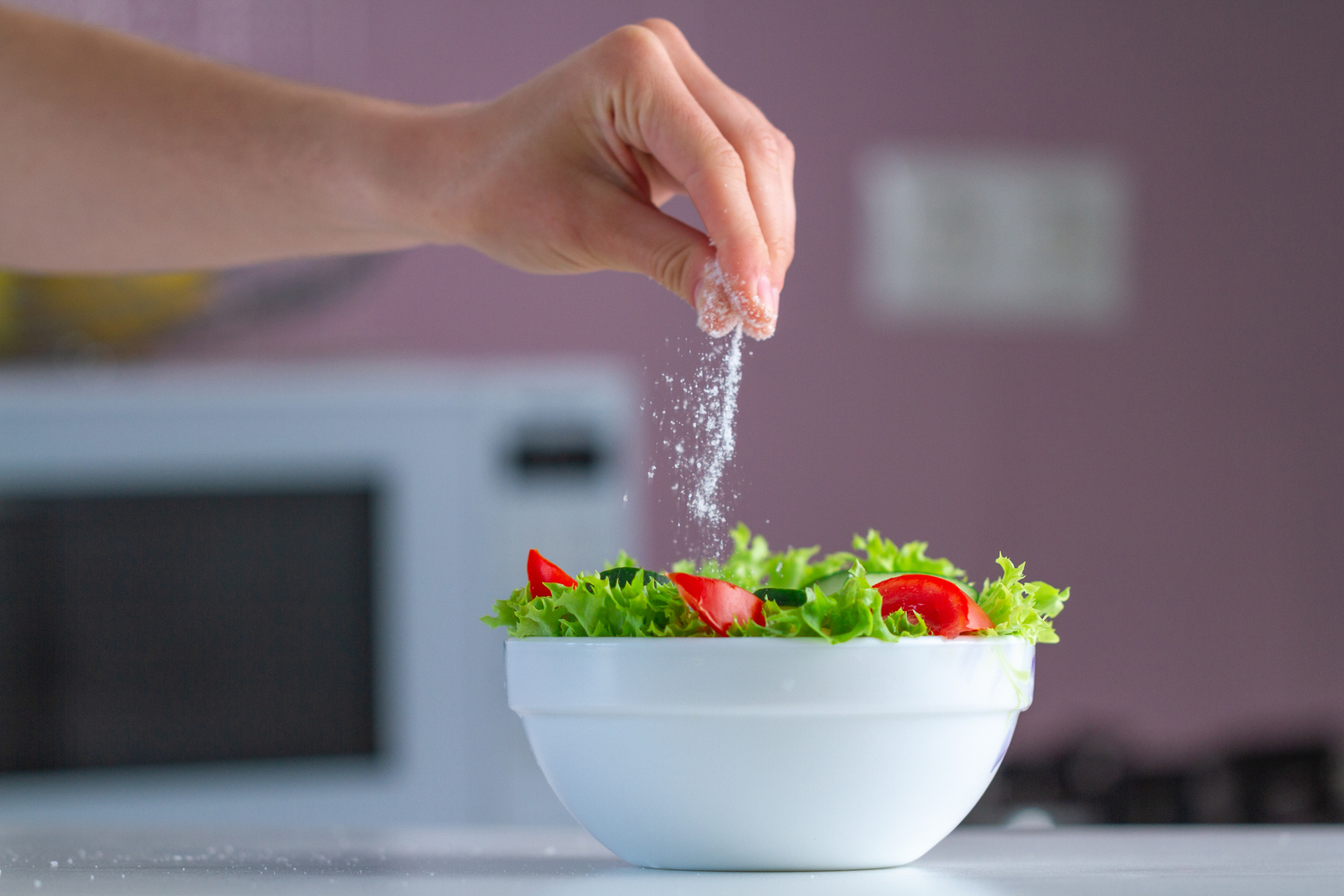Kidneys are vital organs that remove waste from your body through urine, regulate the body's water-salt balance, and keep your blood pressure in check. Too much salt is dangerous for your health.
Although salt is an essential substance that your body needs to survive, having too much can pose a health risk to your kidneys. The kidneys are responsible for filtering and cleaning your blood and removing harmful toxins and wastes that can cause diseases. They are the organs that are most at risk of being damaged as a result of having too much salt. High salt consumption raises your blood pressure, which is a major risk factor for developing kidney and/or cardiovascular disease. And the more salt you consume, the more likely you will develop hypertension.
Related: The Right Way to Balance the Sodium Level: Use of Salt

What do other risks having too much salt have on our body? Read on to learn more:
Increase in water retention
When you have too much salt, the kidneys begin to retain water in your body to maintain your body’s sodium-water balance. This, in turn, results in swelling in your body. You might notice swelling across your body if you have too much salt, especially in your hands and feet.
High blood pressure during the day
After a very salty meal, the blood volume in our veins increases, which directly results in an increase in blood pressure.
Although not everyone experiences higher blood pressure from too much salt, you are more likely to experience this if you are older, obese, or have hypertension.
Stomach issues
Eating a diet high in salt for an extended period can cause adverse effects on the stomach lining, causing you to experience stomach-related disorders.
Heart-related issues
The risk of hypertension also increases with a high-salt diet for an extended period due to its role in increasing your blood pressure. In turn, the risk of heart-related issues also increases. In fact, one meta-analysis found that people who consumed a high amount of salt daily were more likely to experience hypertension and heart-related problems.
The Dietary Guidelines for Americans and the Institute of Medicine report recommended that people over the age of two consume no more than 2,300 mg of sodium, or one teaspoon, per day. The National Kidney Foundation also recommends limiting sodium intake to this amount for those at risk of kidney disease.

How can you limit your sodium to this amount? Here are a few simple ideas:
- Season with herbs and spices instead of salt while cooking.
- Check the sodium on food labels and choose low-sodium products.
- Have more fresh foods and Reduce your consumption of processed, instant, prepackaged, and frozen foods and meals.
- Avoid eating fast food.
- Reduce your consumption of sodium-rich condiments.
Kidney health is crucial for survival, and having too much salt can result in undesirable outcomes for your wellness. It is critical to keep track of the amount of sodium you have to keep your overall wellness on track.
Do you want to learn more about sodium parameters? Vivoo is an at-home urine test that assesses 8 different aspects of your health, including sodium, vitamin C, magnesium, calcium, and ketone levels, among others. The Vivoo App scores you on your overall wellness after you take a test and gives you detailed feedback on each wellness parameter. However, the best part is that it gives you personalized nutritional and lifestyle advice based on your results to help you improve. Why not begin your wellness journey right away?















